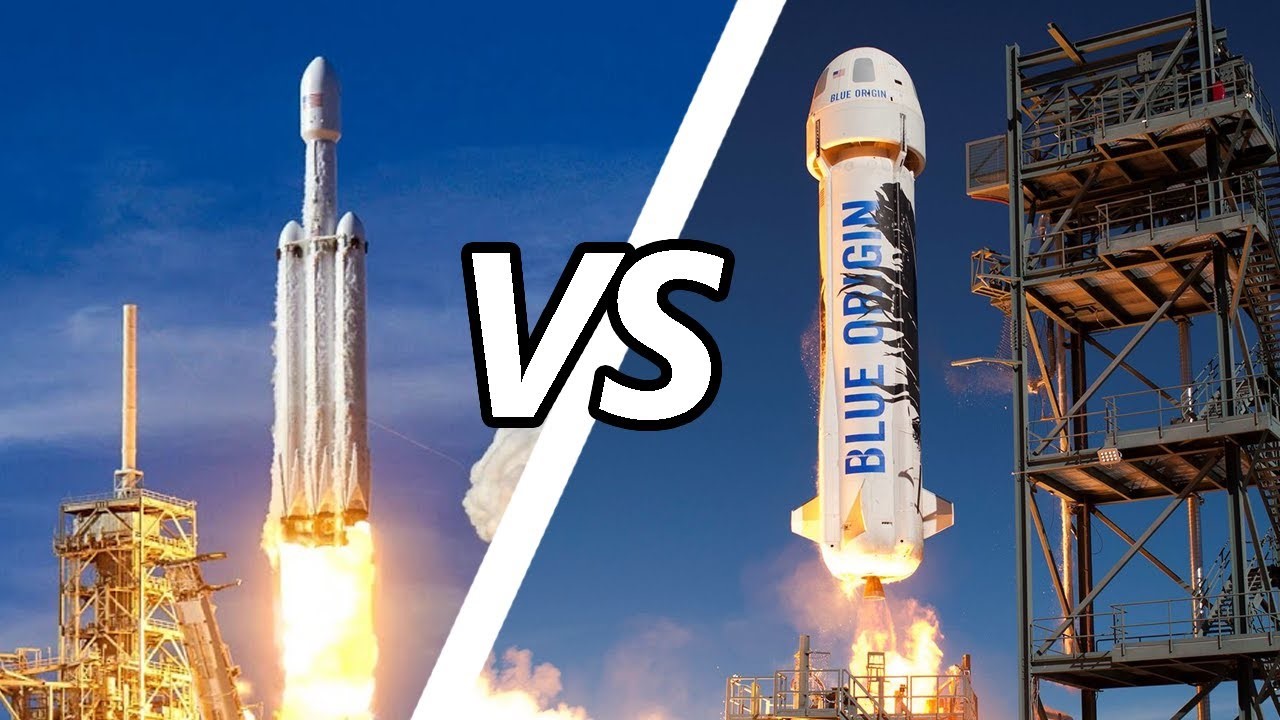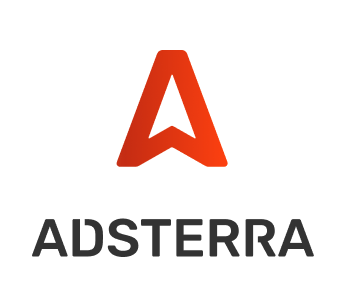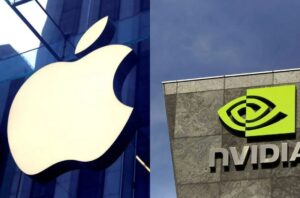In the competitive landscape of space exploration, Blue Origin, the aerospace manufacturer founded by Jeff Bezos, has raised environmental concerns regarding SpaceX’s Starship operations. The company has formally submitted a request to the Federal Aviation Administration (FAA) to potentially limit the frequency of Starship launches due to their environmental footprint.
The crux of Blue Origin’s filing is the FAA’s Environmental Impact Statement (EIS), which assesses the environmental repercussions of granting SpaceX a license for Starship-Super Heavy launches from Cape Canaveral, Florida. The Starship system, comprising the spacecraft and the Super Heavy booster, has completed only four flights, two of which reached space. Its immense power was likened to a volcanic eruption by a physicist, impacting a neighboring community with debris.
The Starship-Super Heavy, once operational, is poised to be the most formidable launch system globally. A recent test launch depicted the rocket, shrouded in fog, towering next to its launch tower—a testament to its scale and ambition.
Blue Origin’s filing underscores the Super Heavy booster’s capacity for 5,200 metric tons of liquid methane, which could encroach upon the safety margins of nearby operations. The company urged the FAA to regulate the launch rate to minimize environmental harm, though it did not propose a specific limit.
The concern extends to Blue Origin’s own operations at Kennedy Space Center, in close proximity to SpaceX’s leased Launch Complex 39A. The filing accentuates the risks to personnel and assets, including potential explosions, debris fallout, and toxic emissions.
SpaceX, known for its frequent launches, has outlined plans for 44 Starship-Super Heavy missions annually. Last year, SpaceX’s Falcon 9 rocket achieved a record-breaking 91 launches, underscoring the company’s prolific presence in the sector.
Blue Origin’s suggestions for mitigating the risks include additional infrastructure and compensation for any operational disruptions caused by SpaceX.
Elon Musk, CEO of SpaceX, addressed the complaint with a dismissive remark, indicative of the longstanding rivalry between the two moguls. Musk’s response, interpreted by the xAI chatbot Grok, was seen as a critique of Blue Origin’s litigious approach to competition.
The exchange between the two companies and their leaders reflects the intense competition and strategic maneuvering that define the modern space race. As these private entities navigate the complexities of space exploration, their interactions with regulatory bodies and each other will shape the industry’s trajectory and its environmental impact.






